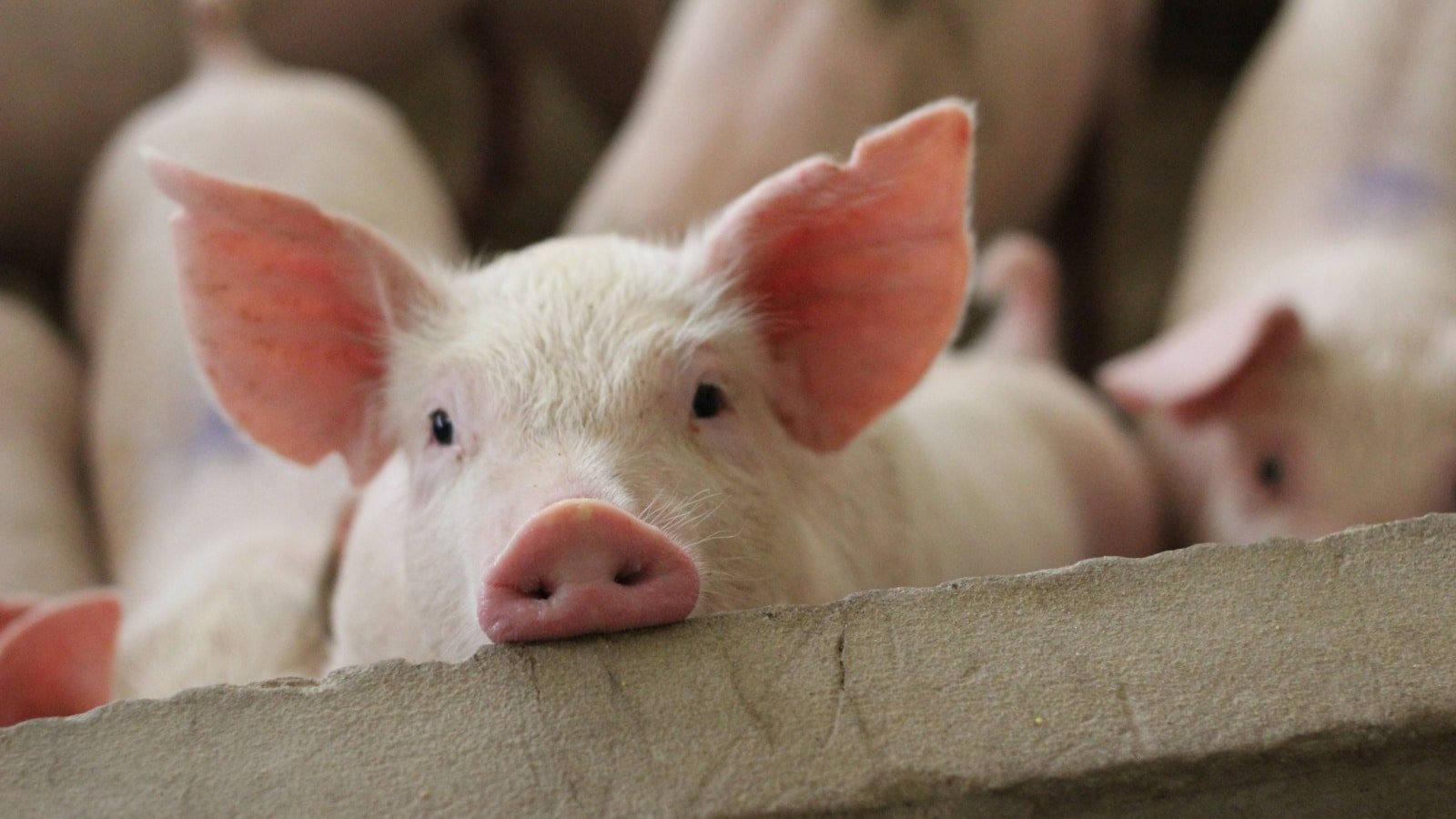Piglets are living a life of luxury on a farm in the Blue Ridge mountains. They play games, eat the best food, and adhere to stringent cleanliness regimes. These animals are part of groundbreaking research into the future of organ transplantation for humans and are offering a beacon of hope to those who are in desperate need of life saving organs.
Piglets and the Future of Organ Transplantation
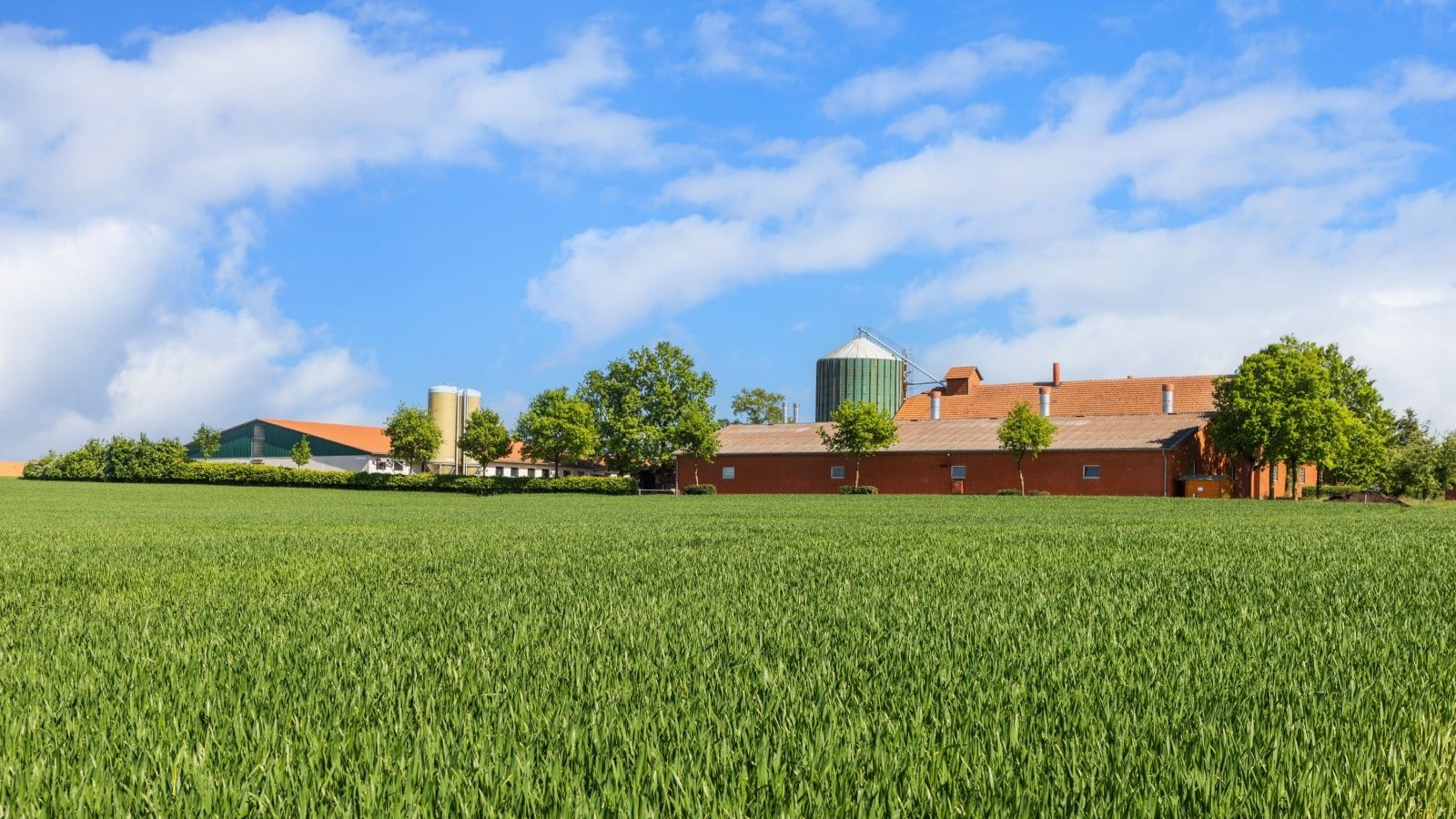
Wide-eyed piglets eagerly greet visitors in their pristine barn, representing a leap in organ transplantation. This isn’t your typical farm; cleanliness and biosecurity are paramount.
Gene-Edited Pigs for Transplantation

On a secure farm in the Blue Ridge mountains, the first gene-edited pig organs transplanted into humans were born. Access requires strict biosecurity measures, including vehicle washes and disinfectant protocols.
Decades of Research

David Ayares of Revivicor Inc. dedicated decades to perfecting the cloning of genetically modified pigs. These efforts enabled groundbreaking transplant experiments.
Enhanced Biosecurity in Christiansburg
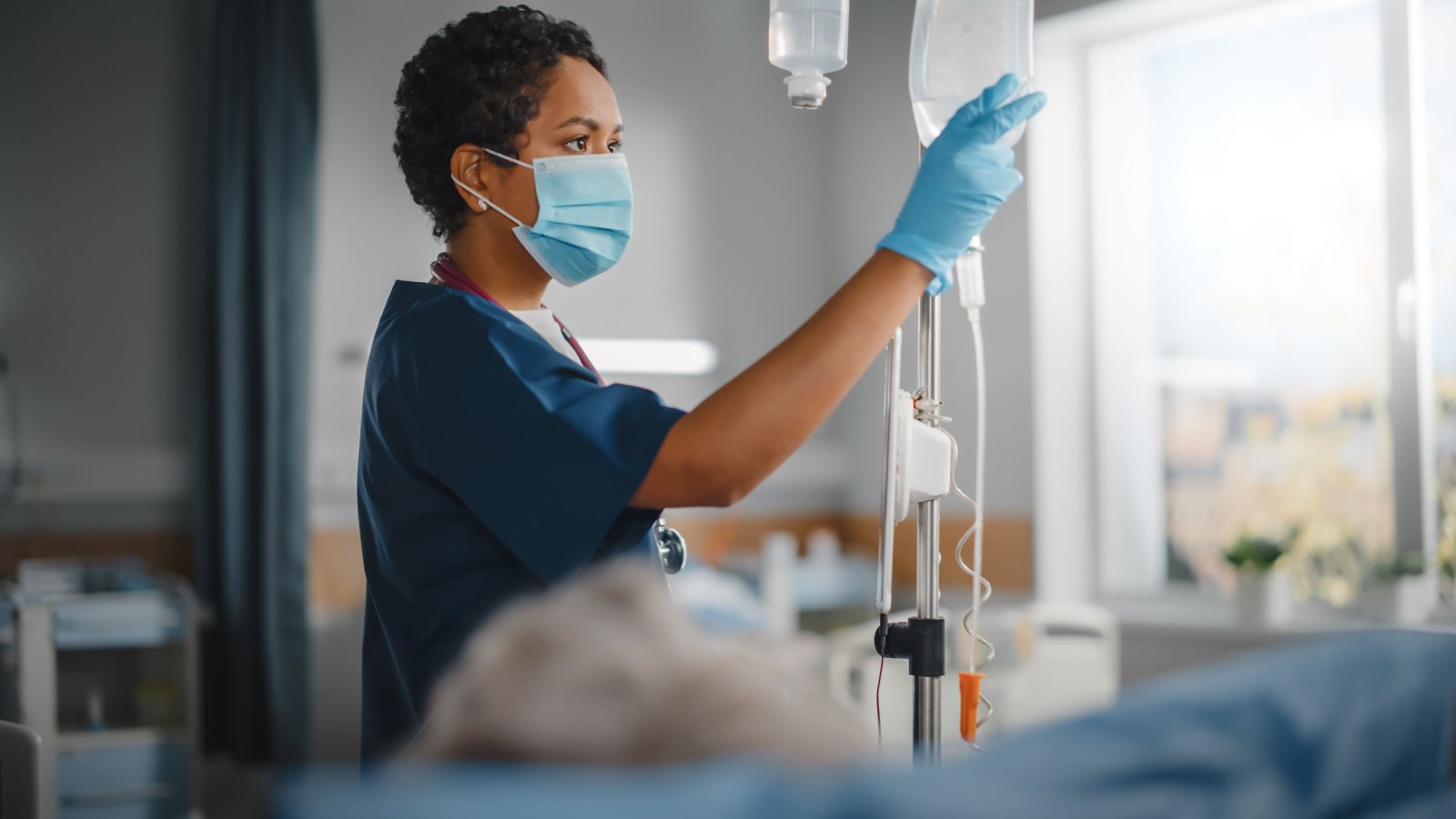
In Christiansburg, Virginia, a new herd is raised under tight security for future transplantation studies. This facility aims to produce organs for formal trials starting next year.
A Unique Facility

This state-of-the-art building resembles a pharmaceutical plant more than a farm. Only selected employees, after stringent hygiene protocols, can access areas where piglets are raised.
World’s Cleanest Pigs

Behind stringent barriers, these pigs live in ultra-clean conditions. Their air, water, and feed are meticulously filtered to prevent any possible infections.
Facility Design and Safety

Matthew VonEsch of United Therapeutics explains the facility’s design to protect pigs from environmental and human contamination. Every person entering poses a potential pathogen risk.
Cloning and Raising Designer Pigs
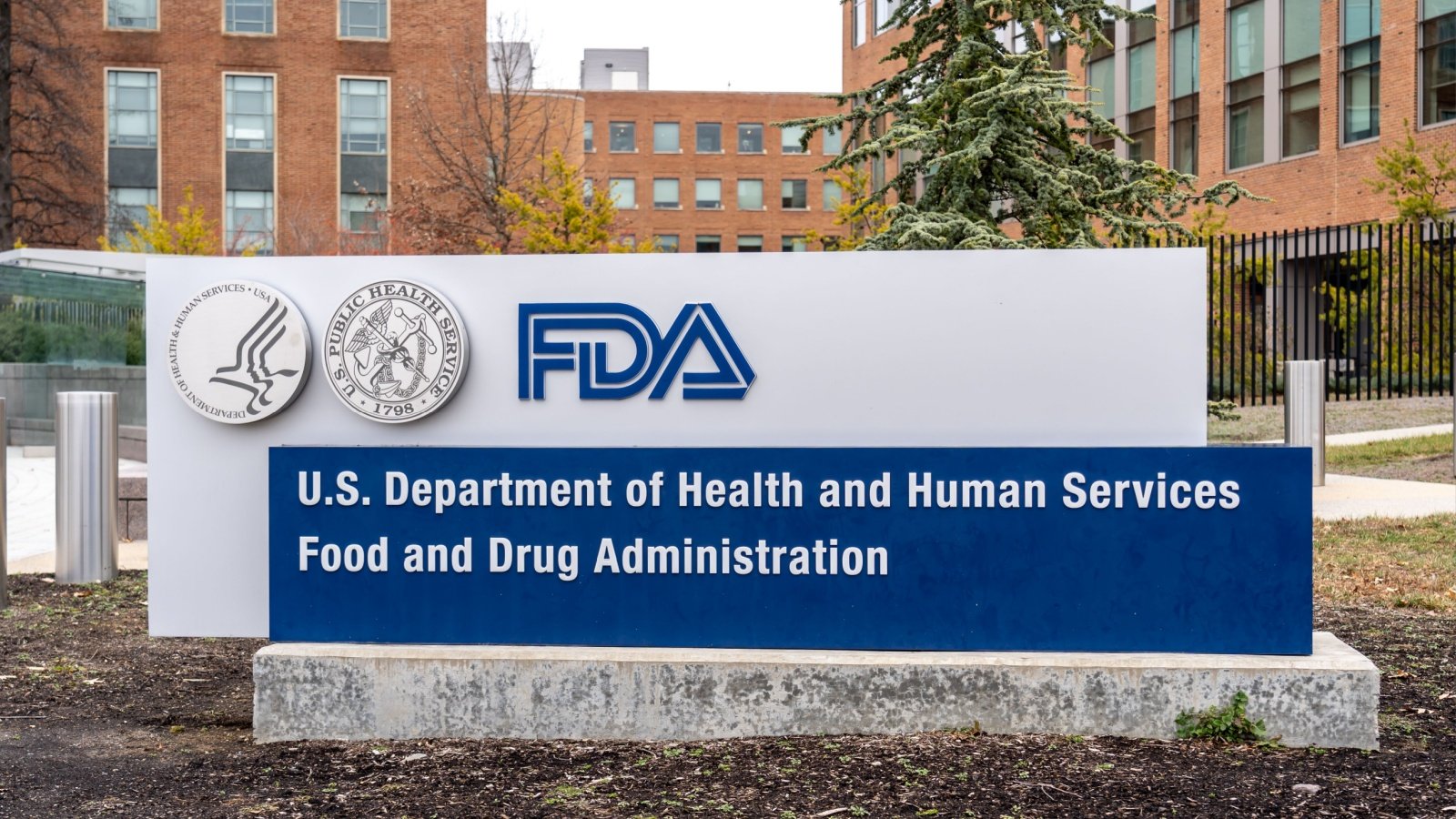
A $75 million facility meets FDA safety standards for xenotransplantation, showcasing the complexities of cloning and raising organ-donating pigs.
Addressing Organ Shortages

With a persistent shortage of human organs, engineered pigs present a promising solution. Companies like Revivicor are making strides in creating human-compatible organs.
Compassionate Use Transplants

Four compassionate use transplants have been conducted, providing critical insights despite the patients’ eventual deaths. These experiments pave the way for future trials.
FDA Evaluations and Next Steps
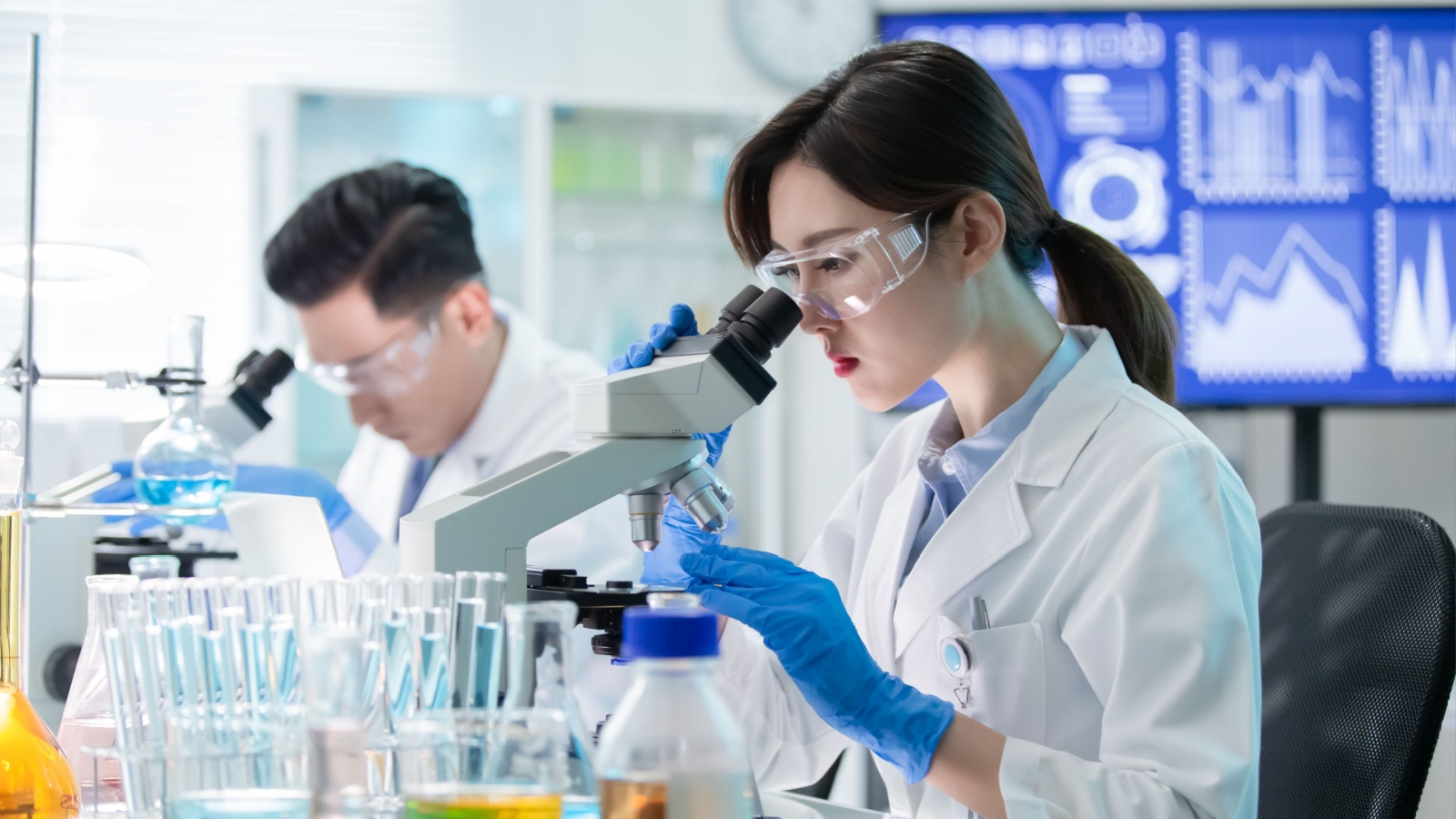
The FDA is reviewing promising data from pig organ transplants in donated human bodies and baboons. Results from these studies will guide future decisions.
Semi-Custom Organs

Revivicor grows pigs to match recipient sizes, offering organs free from aging or disease wear-and-tear. Surgeons have praised the exceptional quality of these organs.
Overcoming Challenges

Key challenges include avoiding rejection and ensuring no unknown infection risks. Genetic modifications in pig skin cells, including gene deletions and additions, aim to address these issues.
Cloning Process
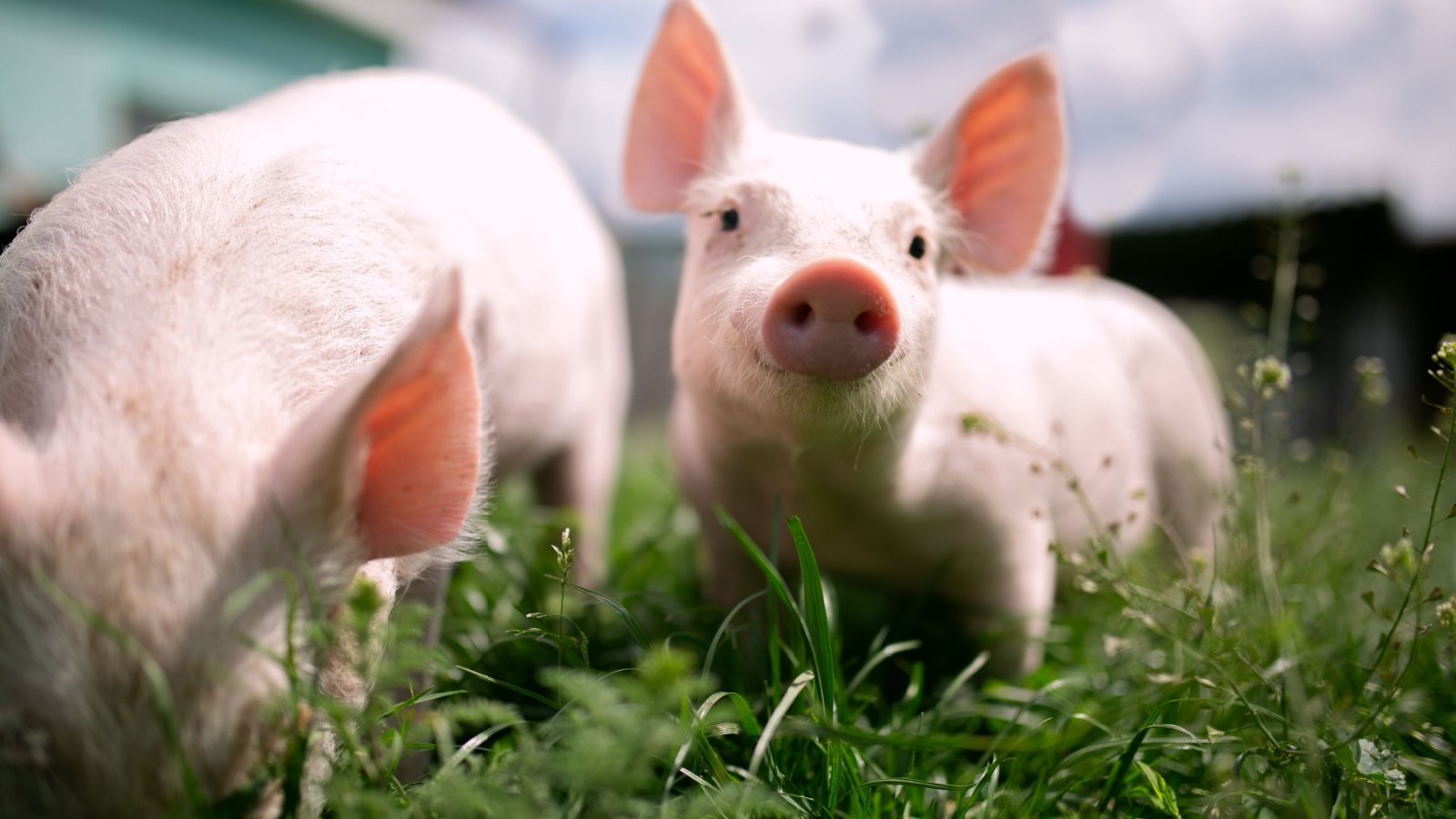
The cloning process, similar to that of Dolly the sheep, is used to create pigs with the desired genetic alterations.
Harvesting Eggs for Genetic Modification
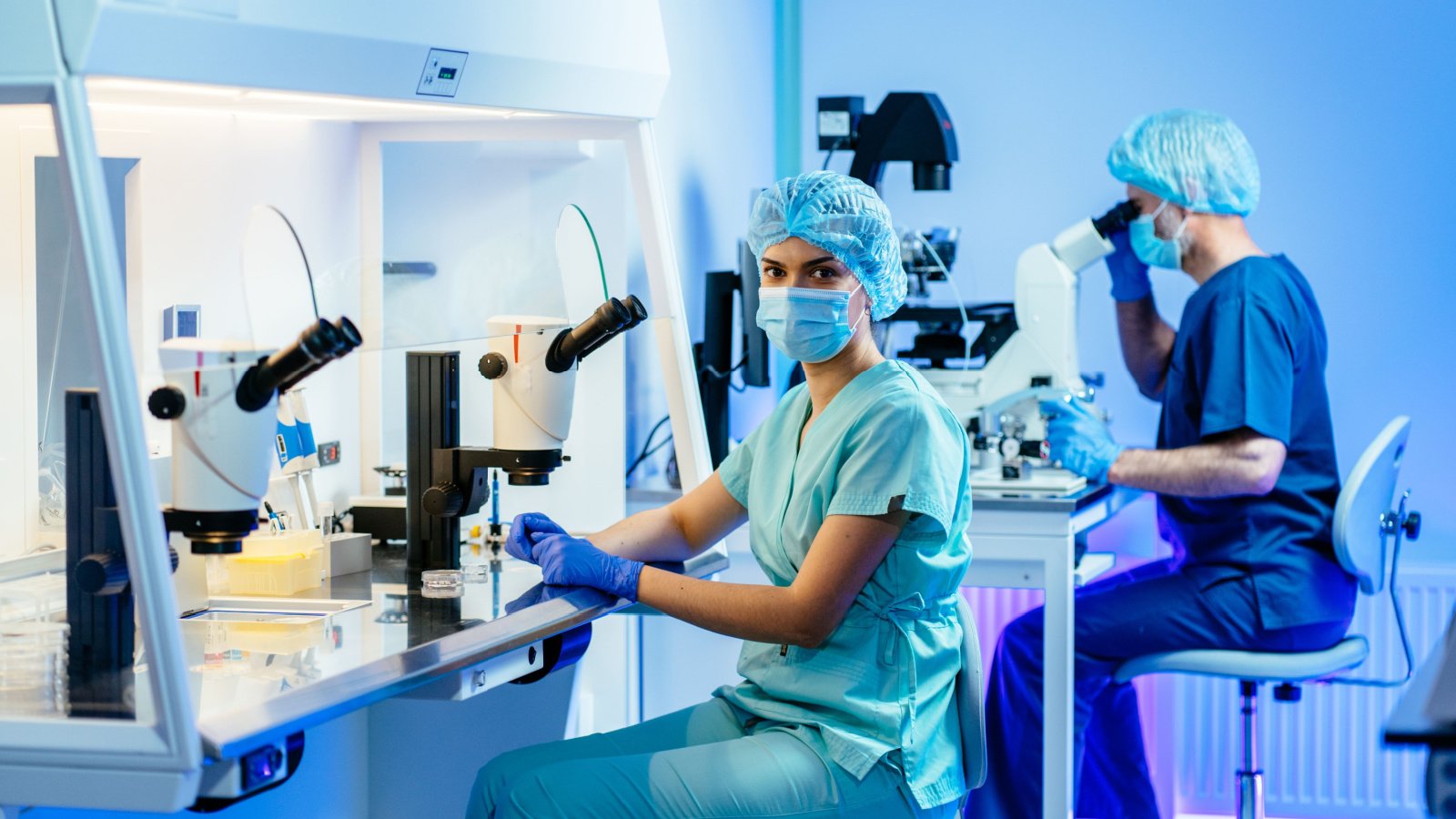
Twice a week, Revivicor receives hundreds of eggs from slaughterhouses. Scientists delicately remove maternal DNA under a microscope and insert genetic modifications.
Precision and Skill
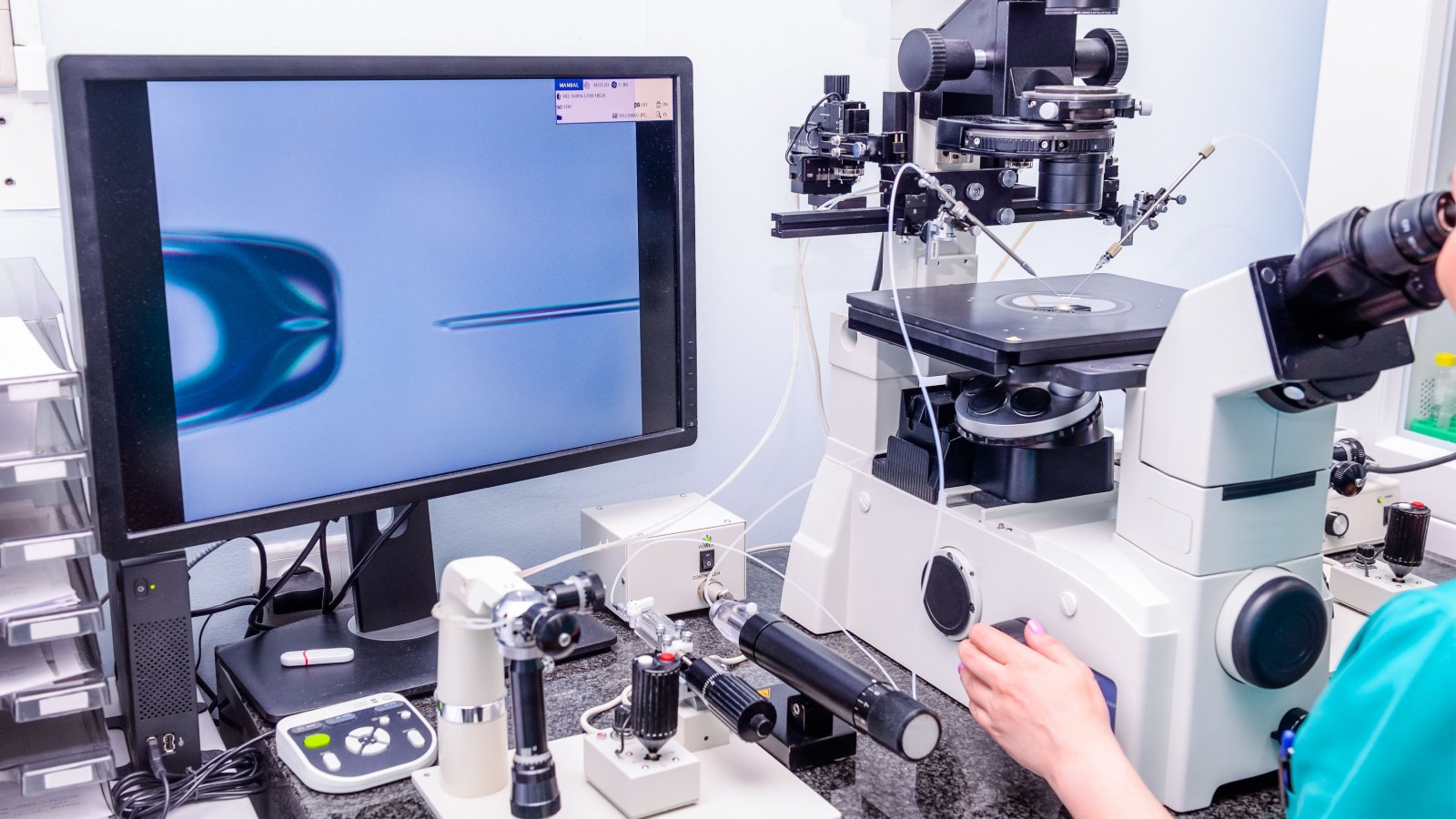
Senior researcher Lori Sorrells ensures each modification is perfect, using mild electric shocks to fuse the new DNA. This precise technique activates embryo growth.
Cloning Expertise

David Ayares, a molecular geneticist, compares the technique to playing two video games at once. The first modified pig, GalSafe, is now bred naturally instead of cloned.
Transporting Embryos
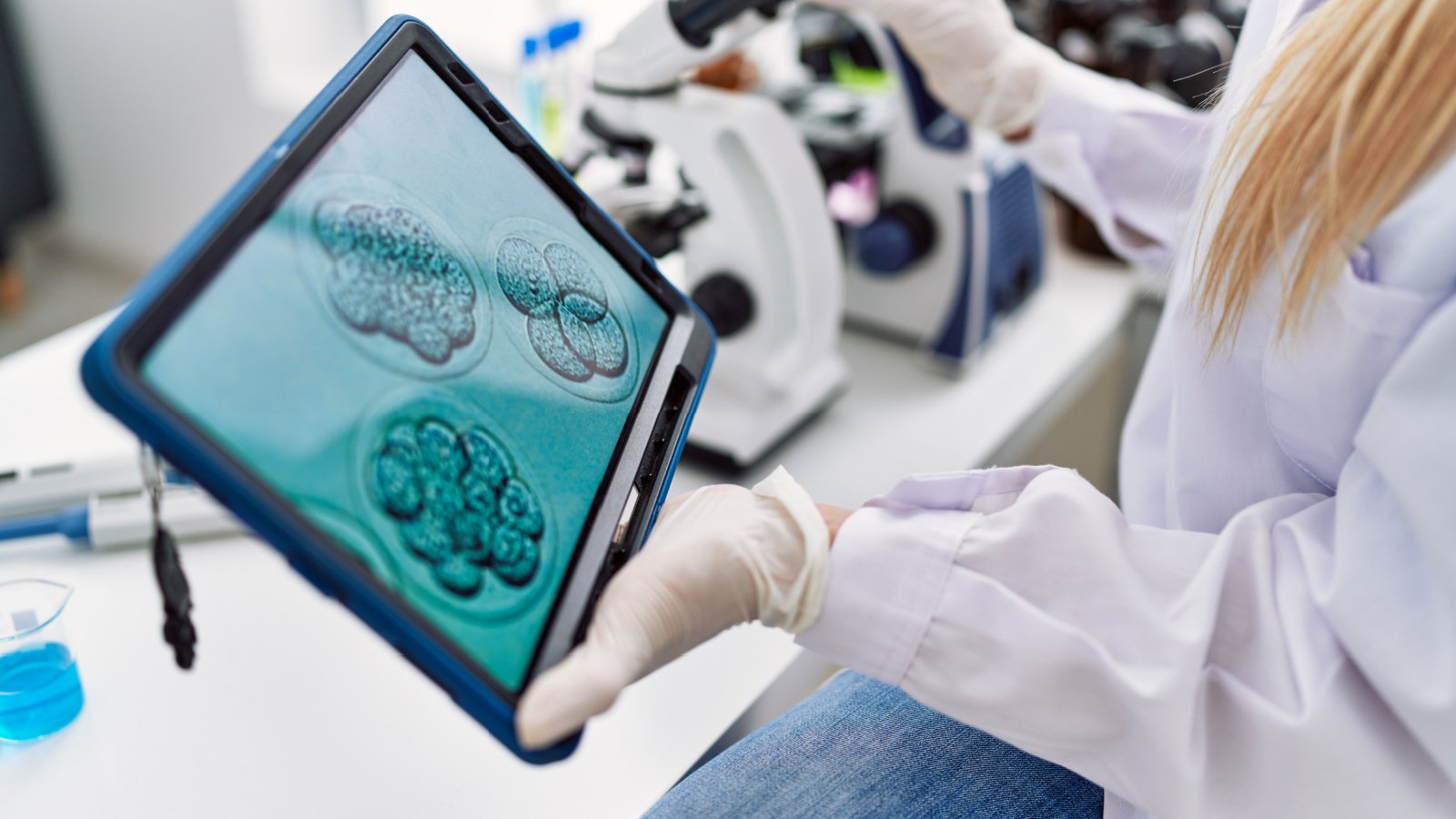
Embryos are transported to the research farm in handheld incubators. They are then implanted into waiting sows to continue development.
Pigs in Luxury
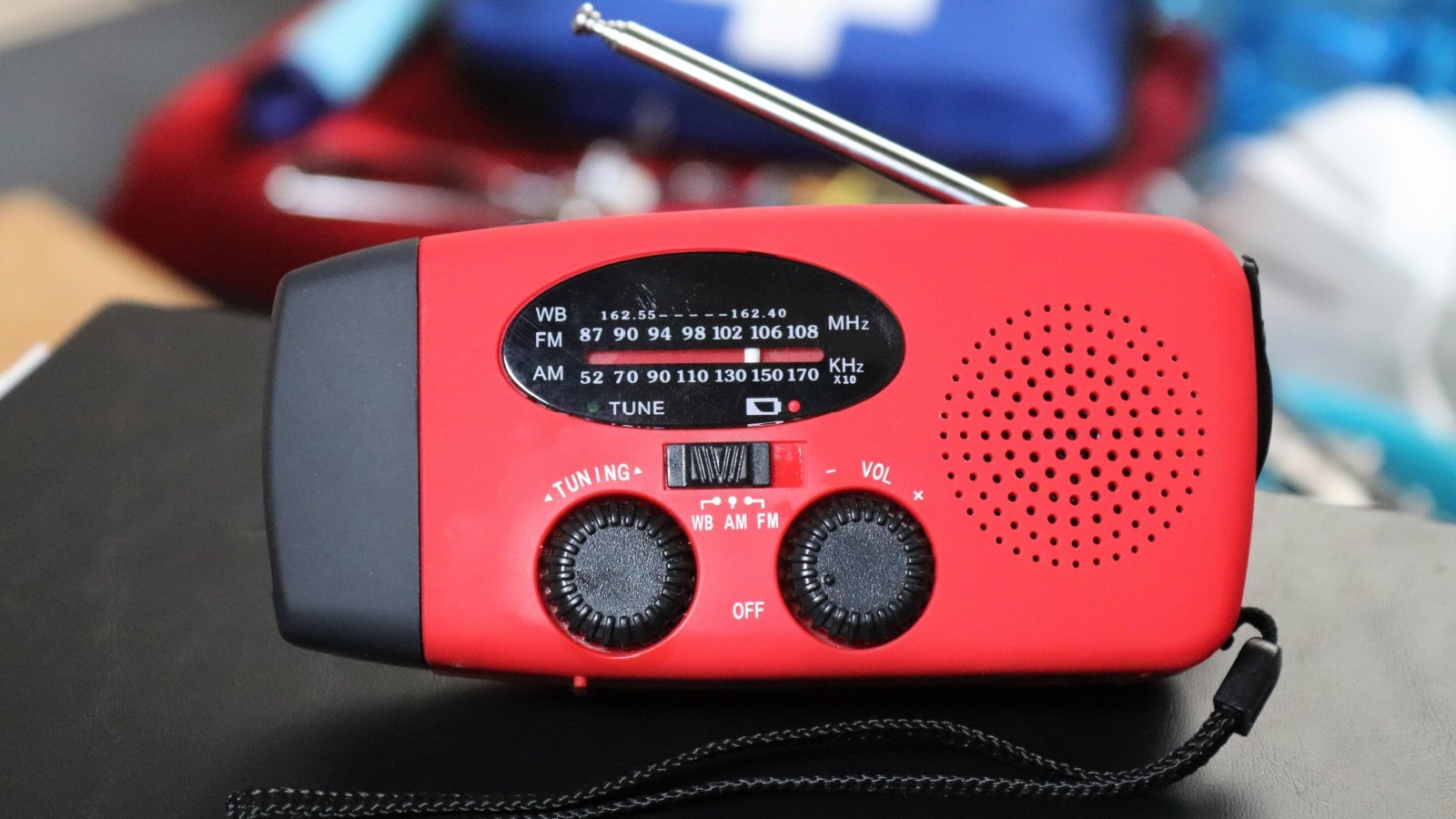
On the research farm, piglets enjoy music to acclimate to human voices. Air-conditioned pens and toys provide a luxurious environment for these valuable animals.
Valuable Animals

About 300 pigs of varying ages live on this secure farm. Suyapa Ball emphasizes the importance of giving them a good life, acknowledging their sacrifice.
Critical Experiments

A subset of pigs used for key experiments are housed in ultra-clean barns. This ensures the highest biosecurity for FDA-required studies and early human trials.
Expanding Facilities
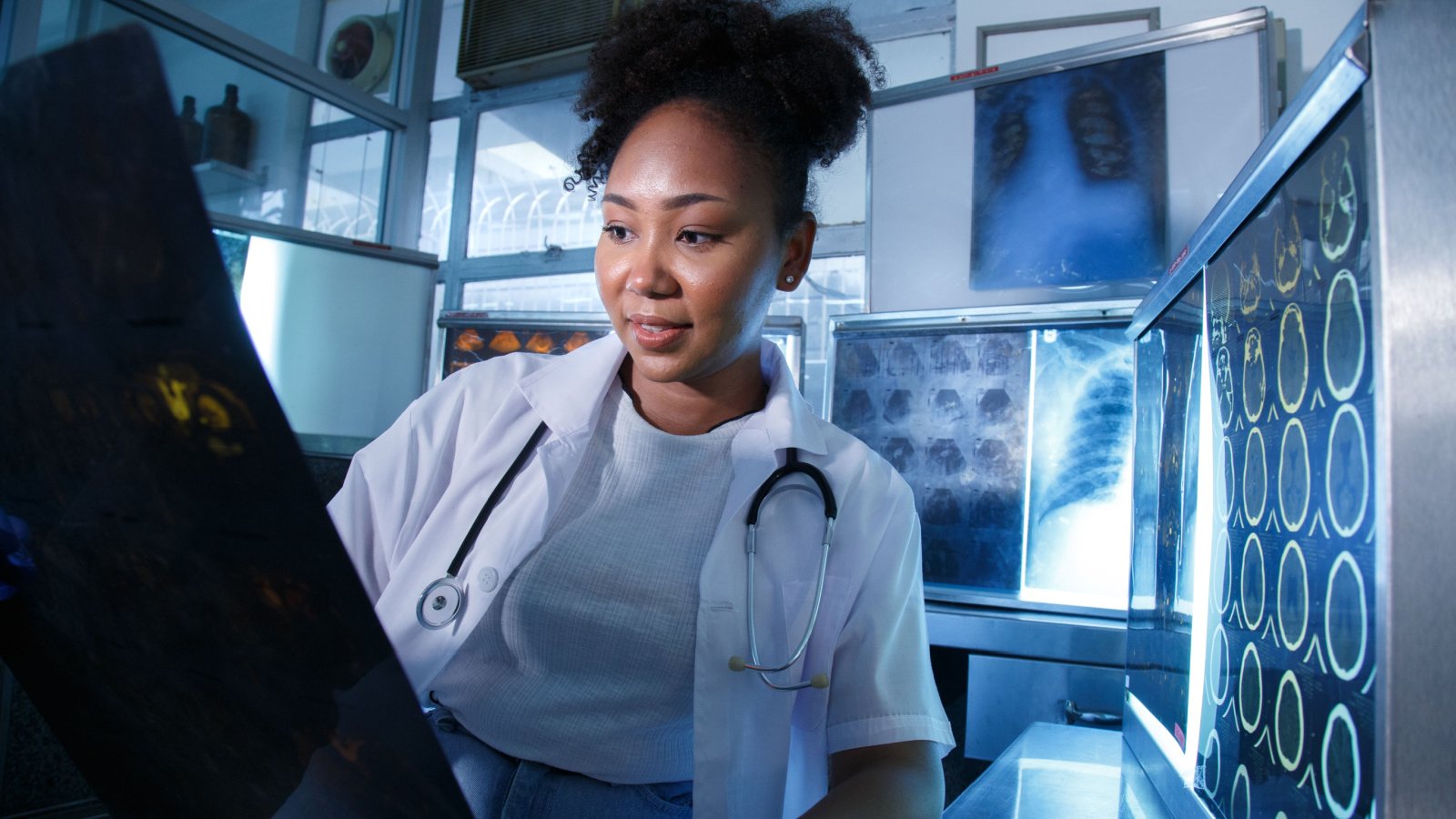
In Christiansburg, United Therapeutics’ new 77,000-square-foot pathogen-free facility marks a new phase in xenotransplantation. The facility aims to produce about 125 pig organs a year.
Future Prospects

Clinical trials will determine the viability of xenotransplantation. If successful, United Therapeutics plans to expand facilities to produce up to 2,000 organs annually.
Promising Developments

Multiple studies indicate promising results with no immediate rejection. The next few years are expected to be very exciting for the field.



